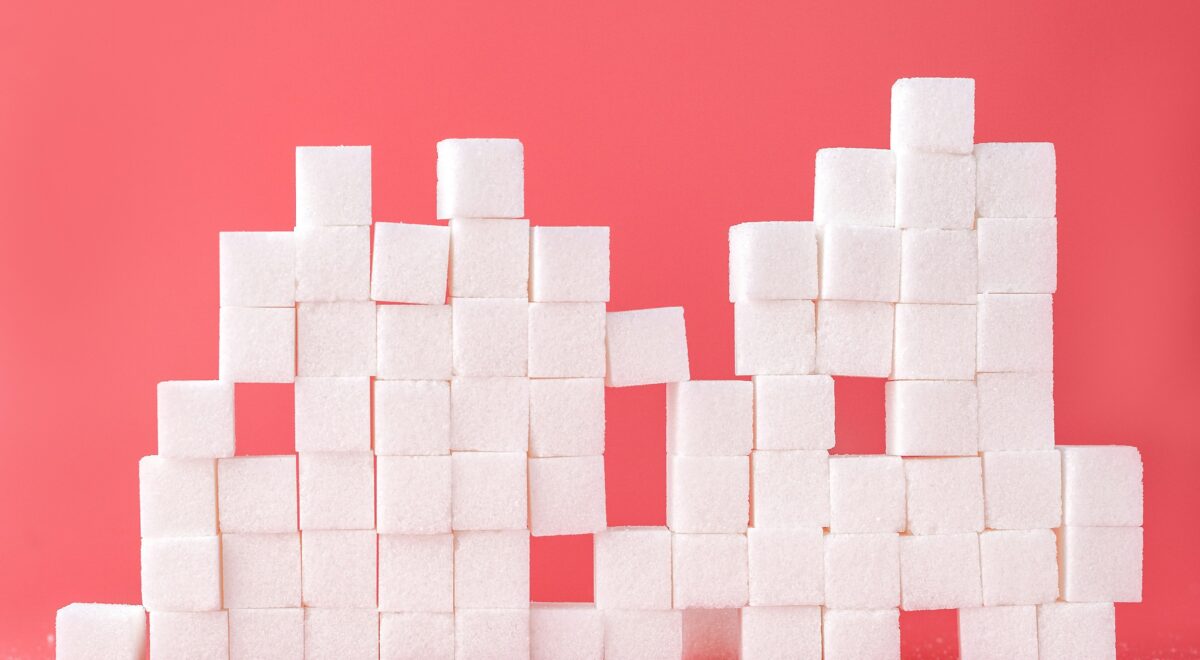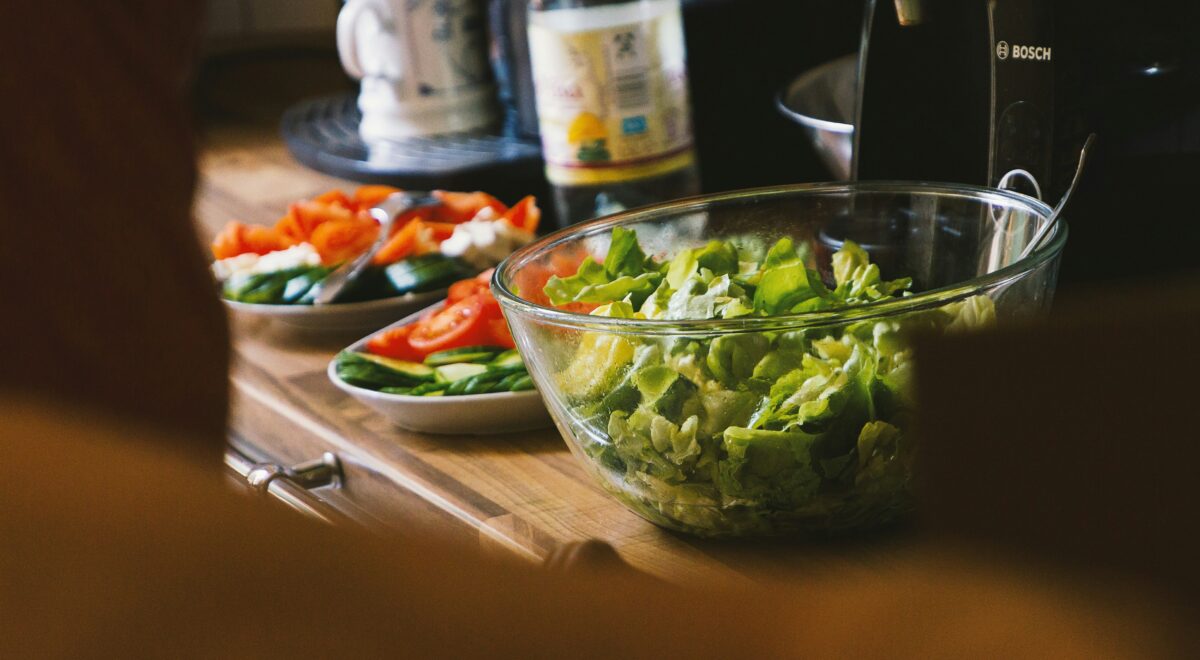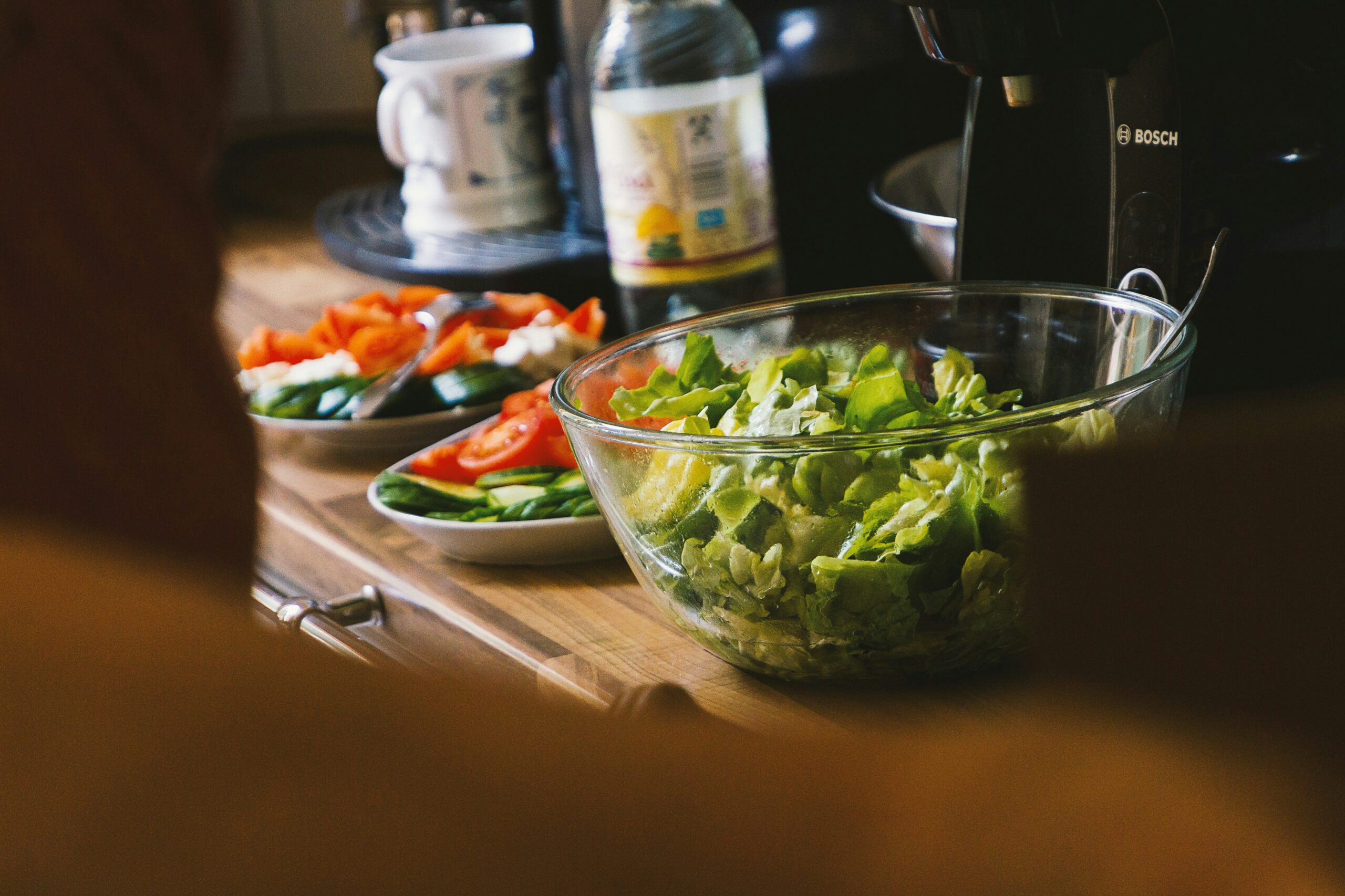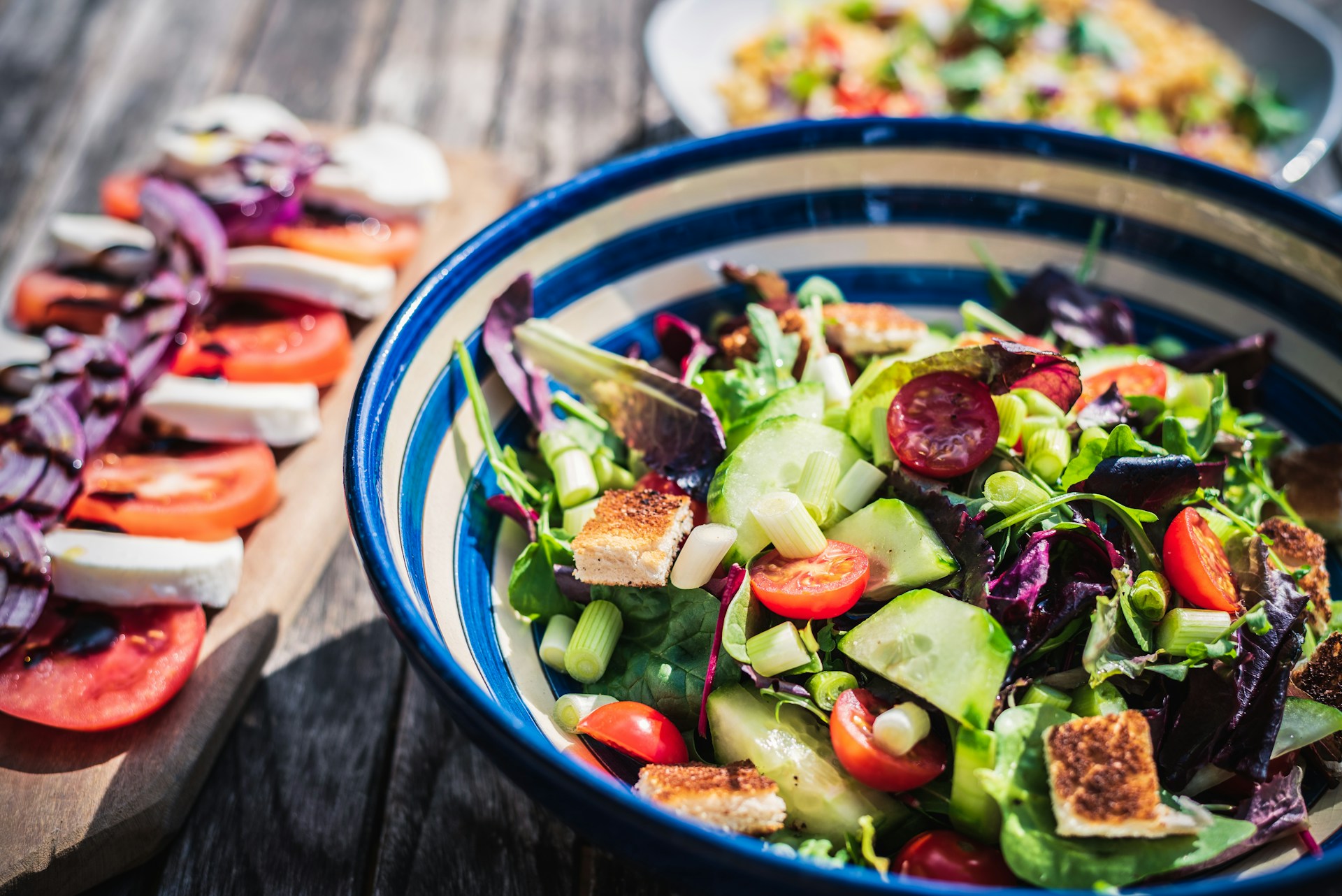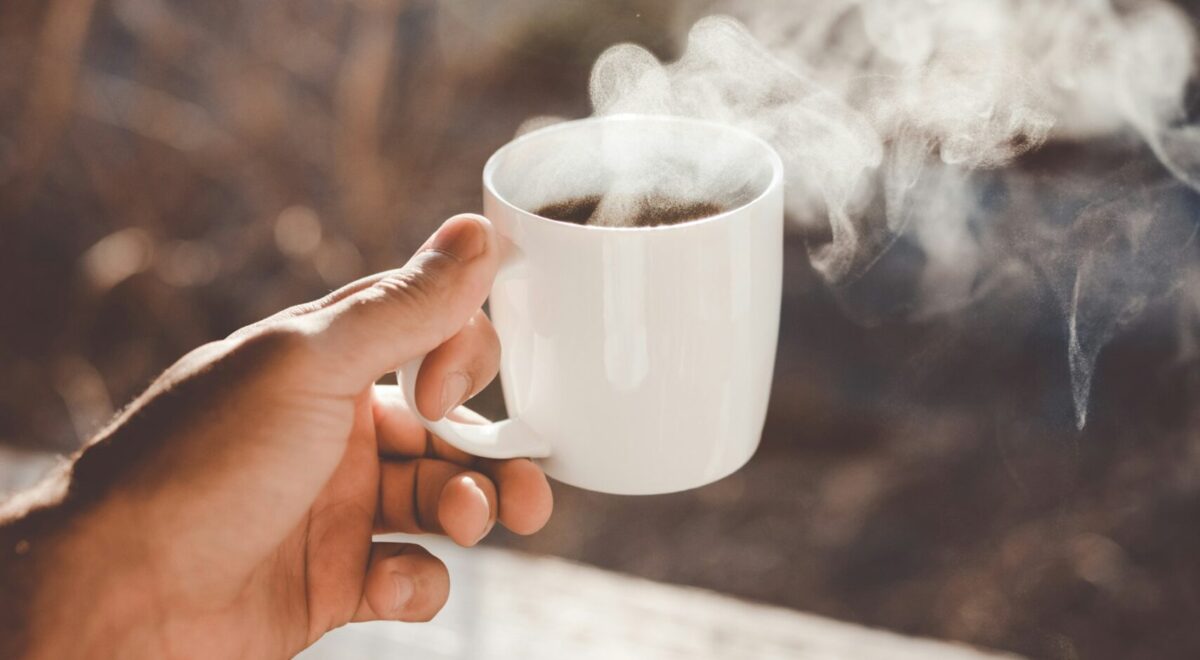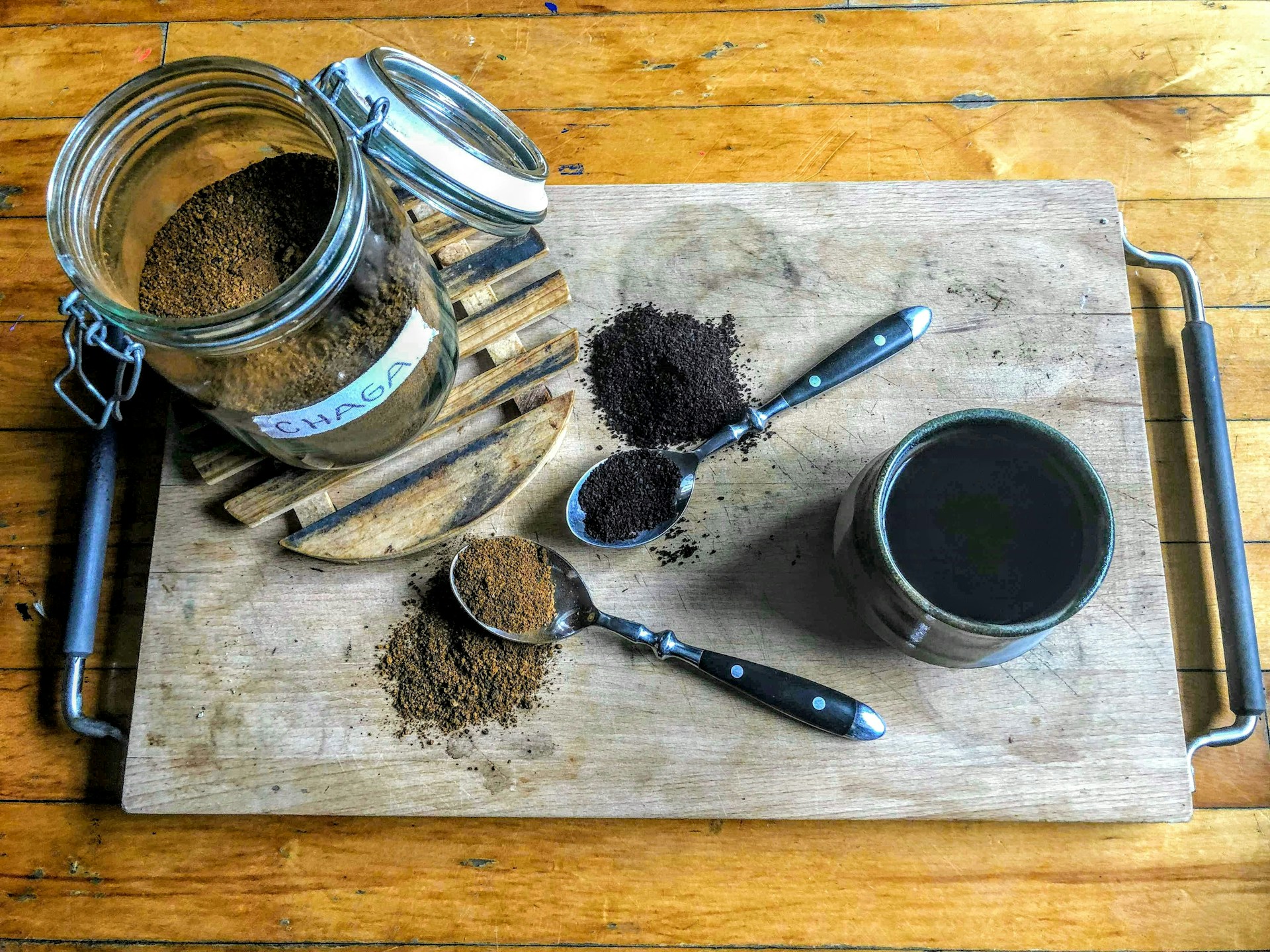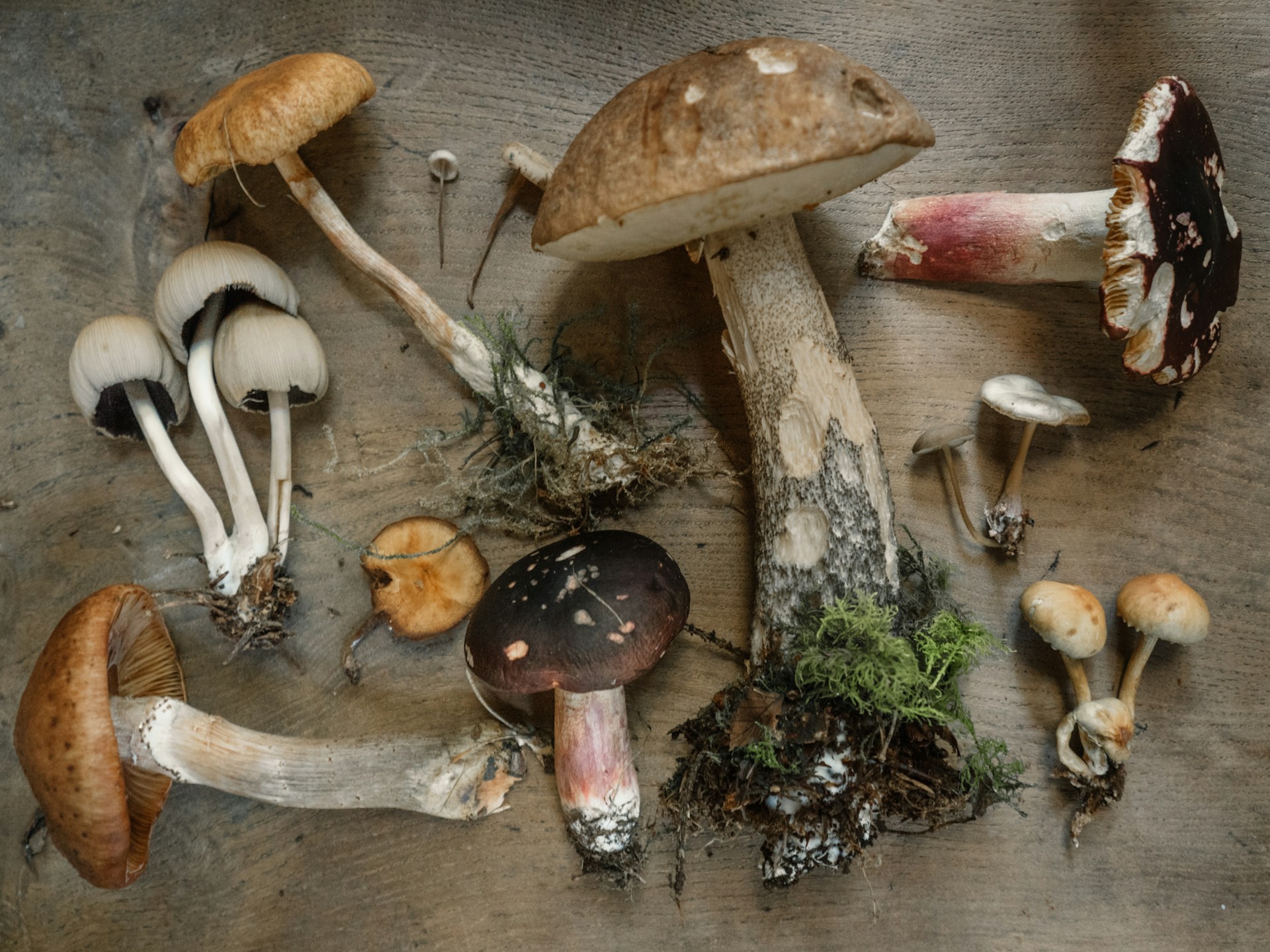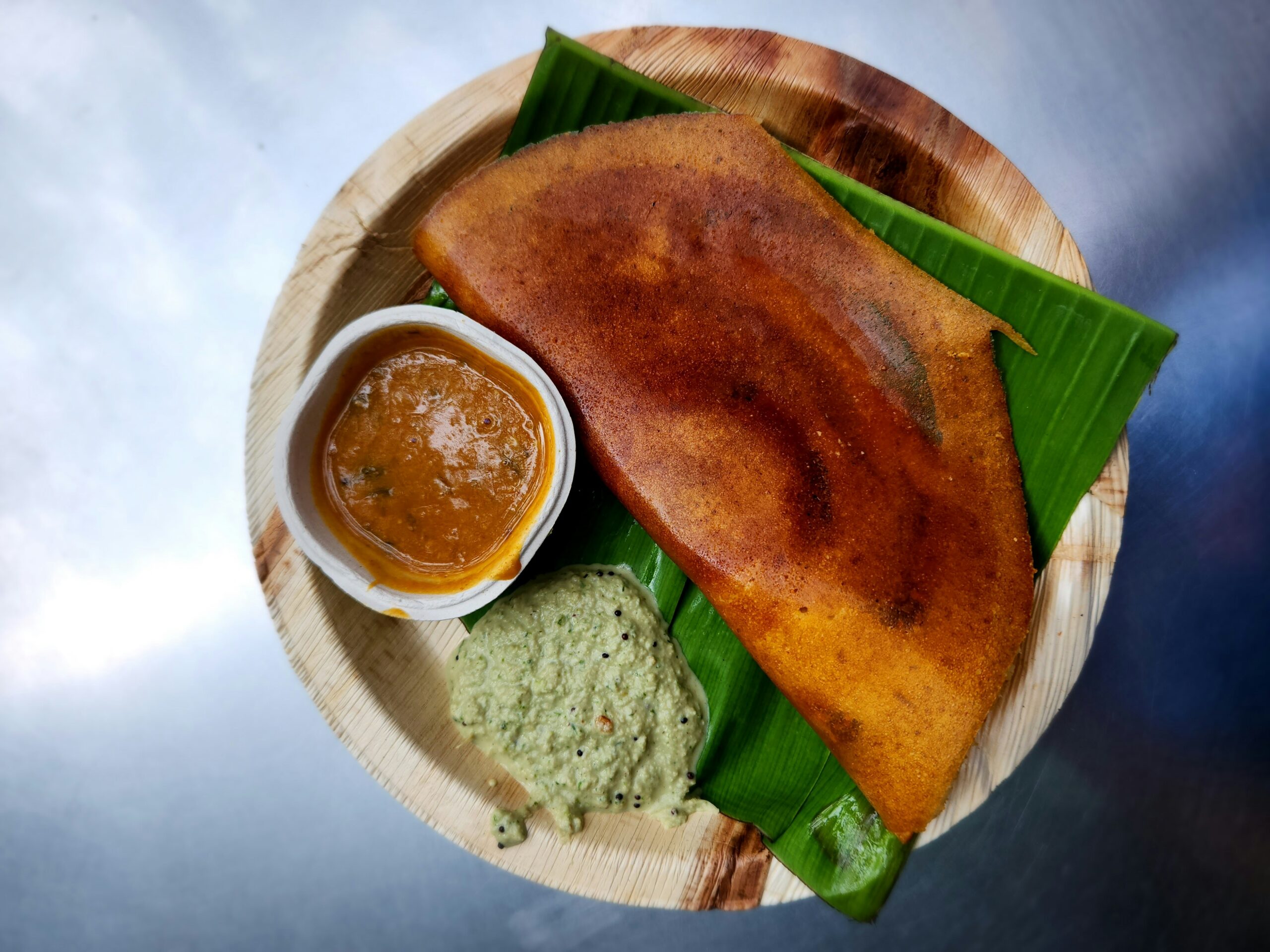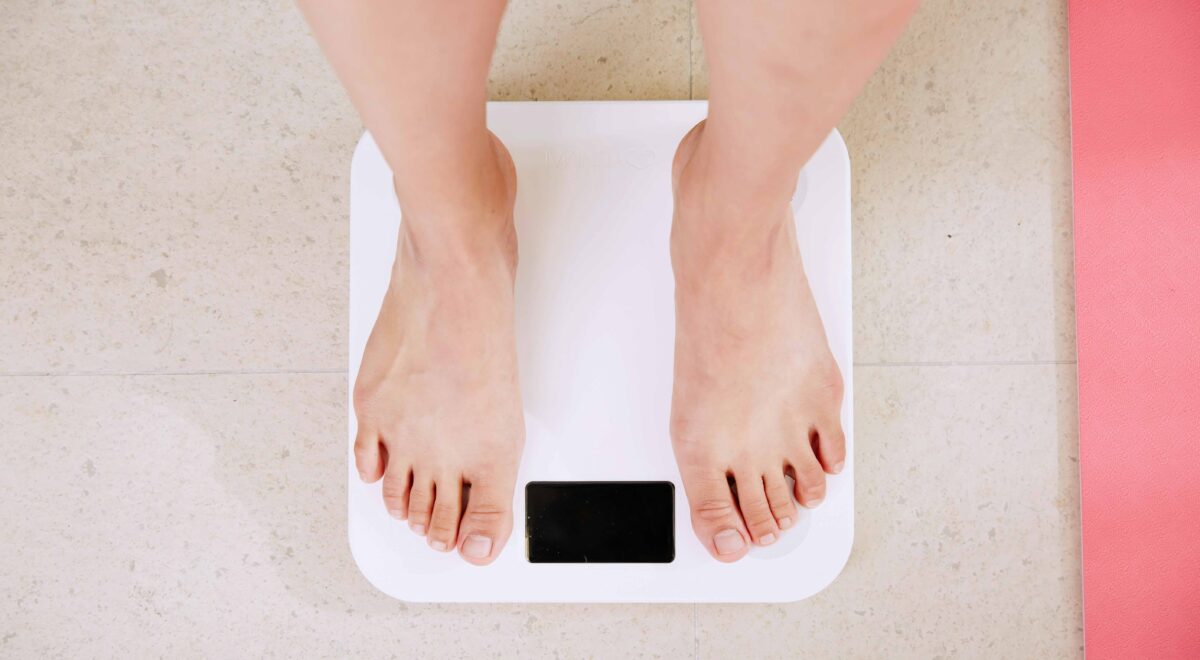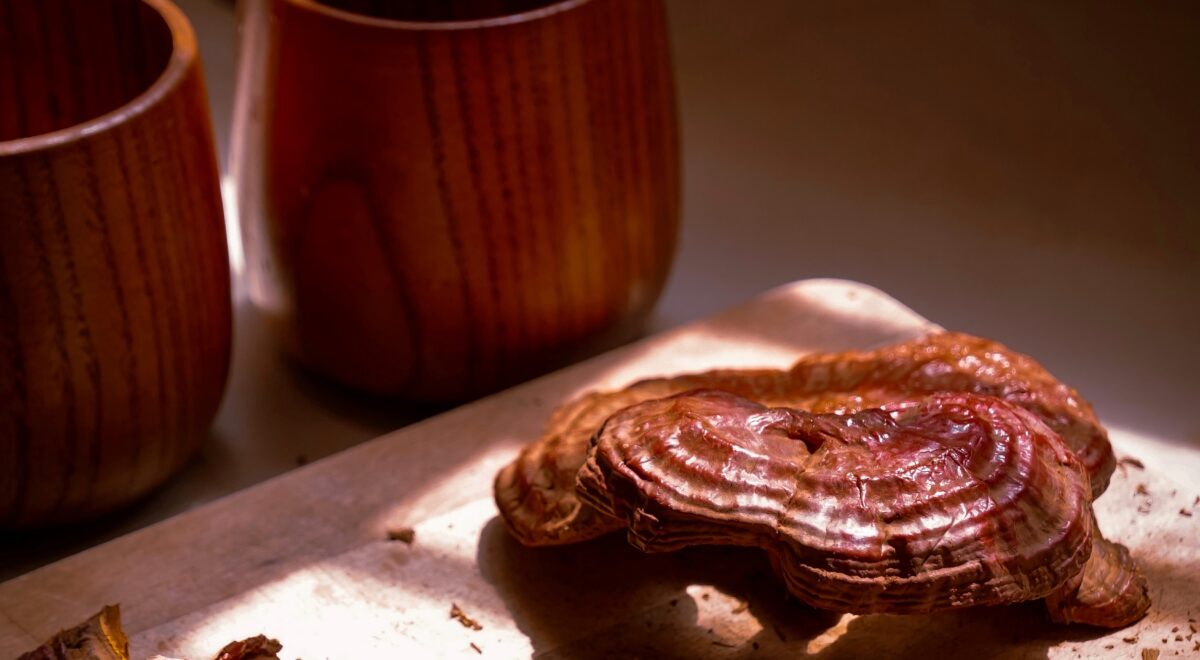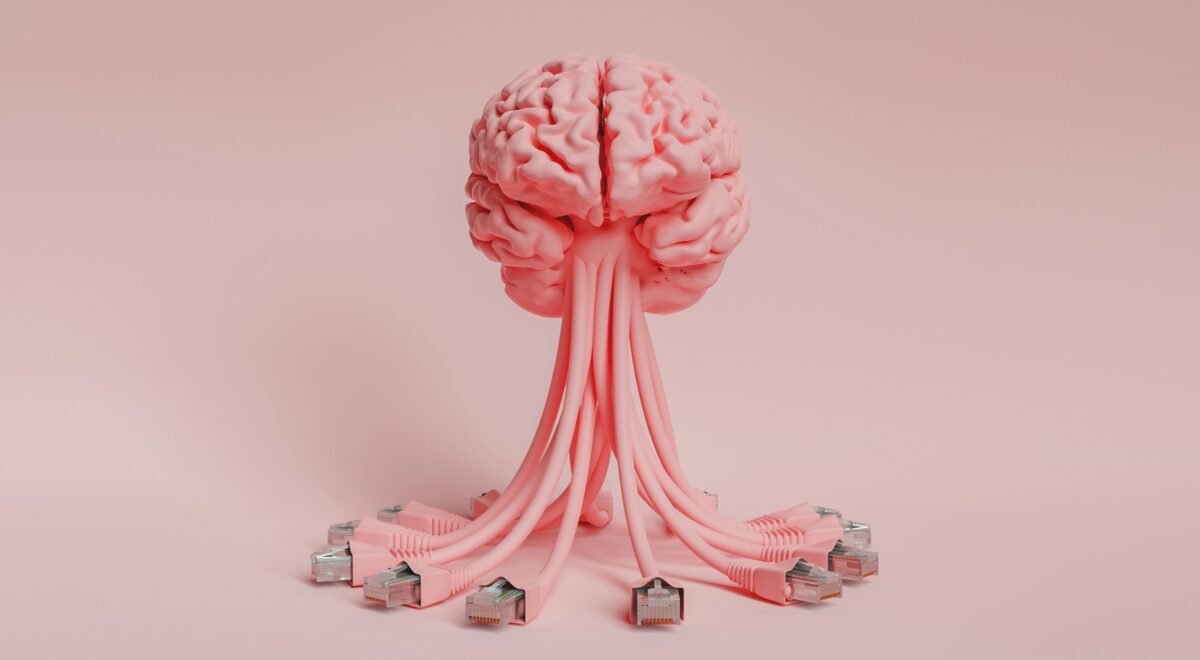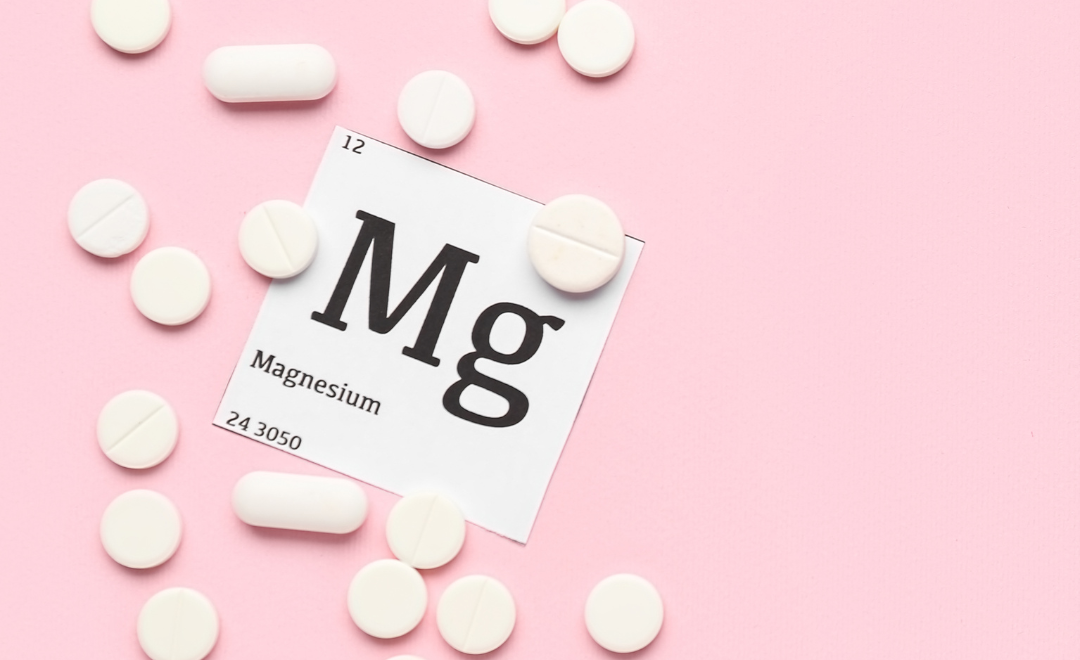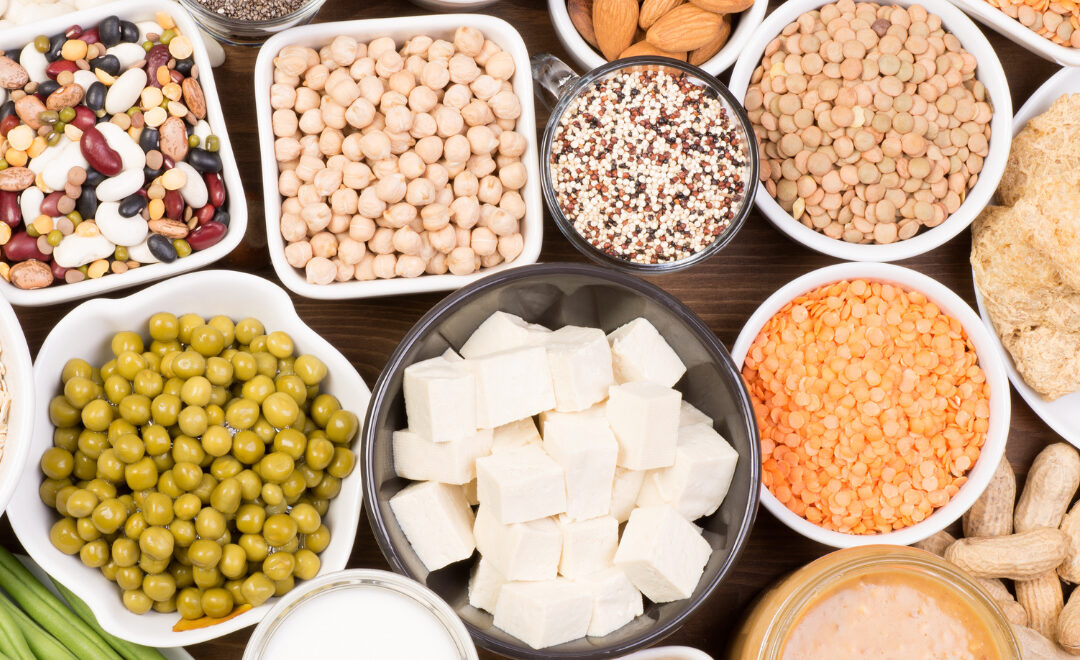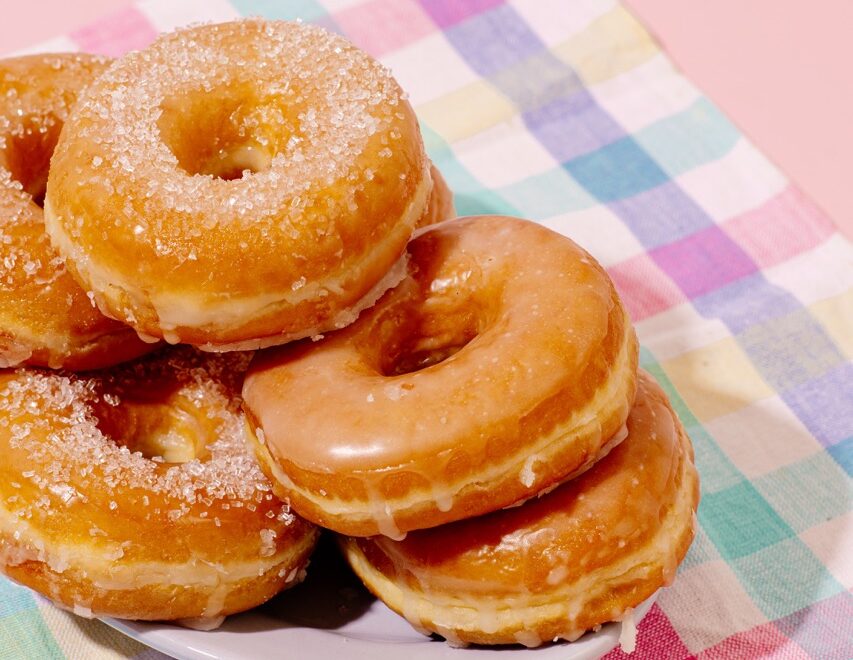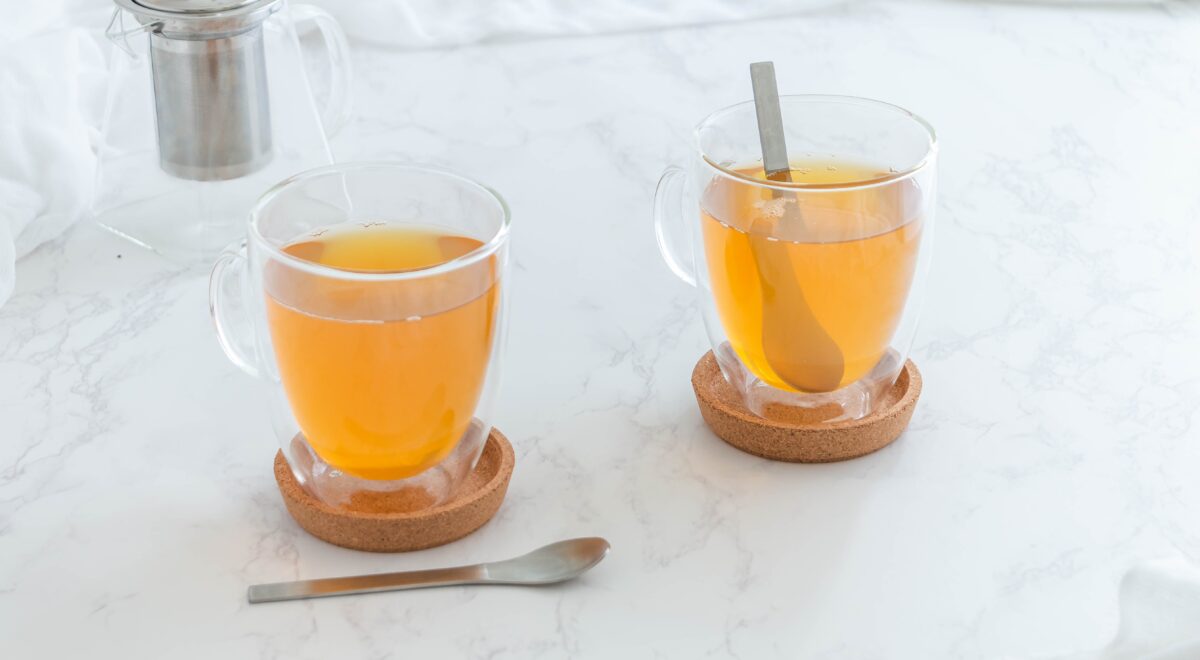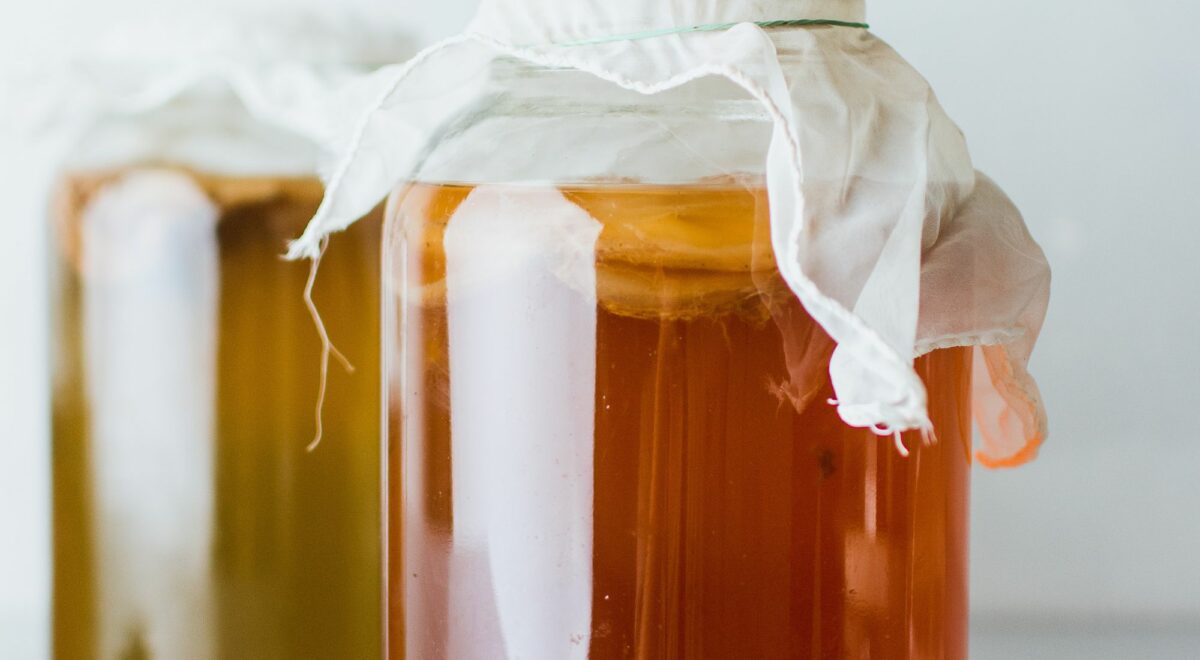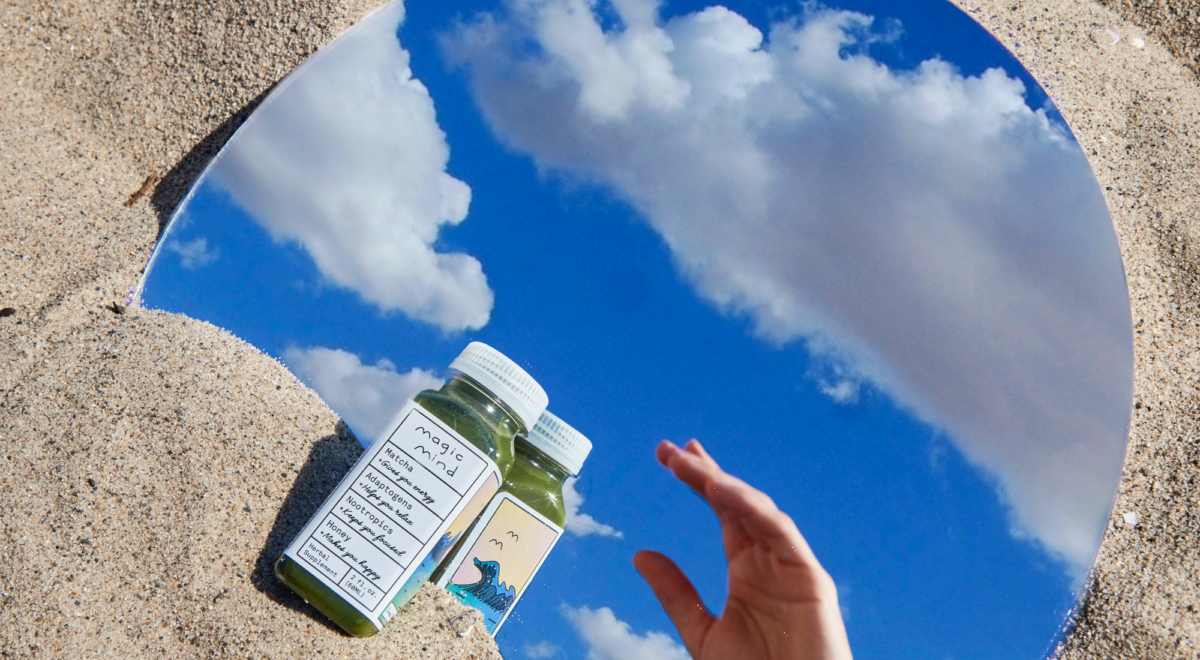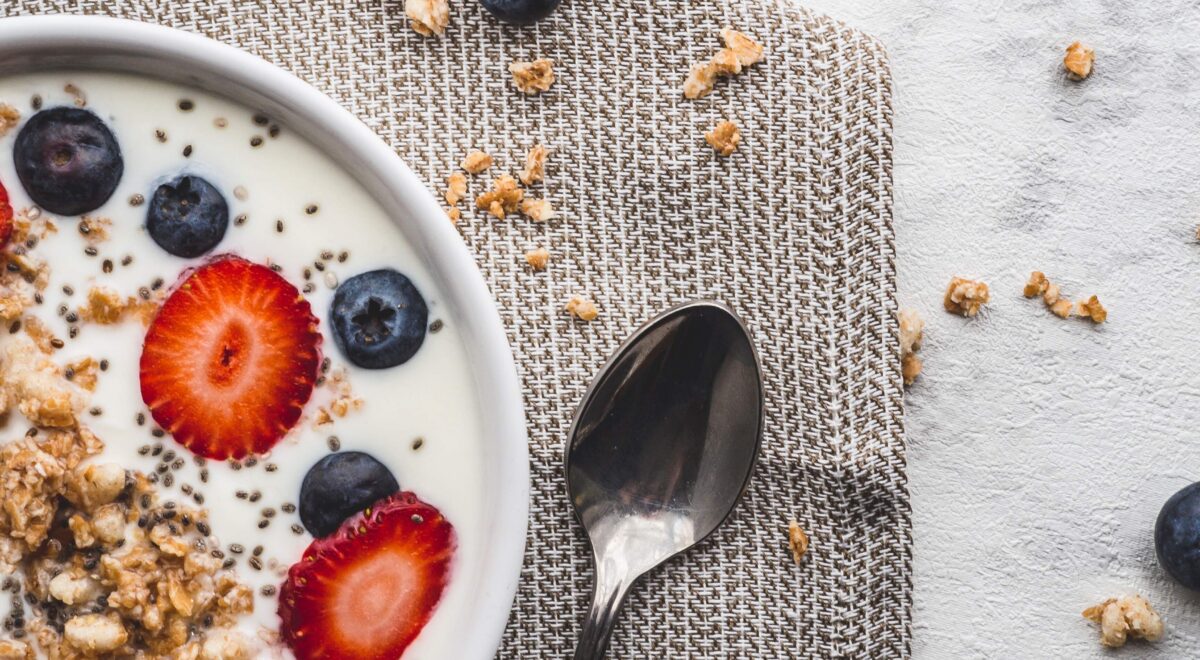Coffee, our favourite morning brew, has a devoted following across continents and demographics. Its aroma and warmth fuel the engines of many individuals, setting the stage for productivity and focus. Globally, we collectively consume 2.25 billion cups of coffee daily (Statistics of 2022). While European countries traditionally hold the crown for consumption, India’s coffee scene is witnessing a meteoric rise. This surge in popularity naturally invites scrutiny, prompting us to go deeper into the effects of Coffee on Anxiety, which is more common than you might think.
Impact of Caffeine on Anxiety
Anxiety, defined by the American Psychiatric Association as a “common stress reaction,” differs from mere fear by its focus on anticipated concerns and its tendency to manifest in muscle tension and avoidance behaviours. Forget fleeting butterflies, anxiety disorders can pack a serious punch. They can cripple your daily grind, leaving you tangled in a mess of racing thoughts, shaky muscles, and sweaty palms. Imagine your heart as a drum solo gone wild, your mind a pinball machine stuck on tilt, and your focus vanishing like smoke. That’s anxiety in a nutshell – a constellation of physical and cognitive symptoms that can make even the simplest tasks feel like scaling Mount Everest. Anxiety disorders are real-deal health concerns that deserve some serious attention.
Coffee packs a powerful amount of caffeine, a stimulant that interacts with our central nervous system in fascinating ways. Caffeine blocks adenosine, a neurotransmitter that promotes sleep and relaxation, keeping drowsiness at bay and sparking alertness. Moreover, it stimulates the release of mood-elevating neurotransmitters like dopamine and norepinephrine, leading to heightened energy and physical readiness.
This potent cocktail can temporarily raise your heart rate and elevate your mood, mimicking some of the very symptoms of anxiety. This isn’t just anecdotal; research shows a strong correlation between increased caffeine intake and the expression of anxiety symptoms. However, it’s important to remember that correlation doesn’t imply causation. While the link is undeniable, coffee alone might not be the trigger for a full-blown anxiety attack.
Individual Sensitivity to Caffeine
The coffee conundrum reveals its true complexity at the individual level. While some may experience its energising glow, sharpened focus and cognitive prowess, others feel the edge of jitters, anxiety, or even headaches. This difference stems from various factors influencing individual sensitivity, each adding a unique note to the proportion of its effects.
- Genetic variations orchestrate the tempo of your caffeine metabolism, influencing the duration and intensity of its performance.
- Enzymes like cytochrome P450 1A2 act as nimble conductors, ensuring a smoother, shorter breakdown for those with higher levels.
- Body weight acts as the stage size, amplifying the experience for lighter individuals even with the same dose.
- Age slows the metabolic rate, making children and older adults more susceptible to caffeine’s powerful act.
- Tolerance, a crafty adaptation, can lead to cravings for a stronger encore, while existing health conditions like anxiety or heart issues become unexpected understudies, potentially amplifying the drama.
- Even hormonal fluctuations and lifestyle choices, like sleep patterns or the habits we cultivate, can influence how our bodies respond to caffeine’s captivating yet complex performance.
Managing Coffee Intake for Anxiety
The effects of coffee on anxiety vary greatly from person to person. While some can handle espresso after dinner, others might experience jitters or sleeplessness. The key lies in moderation, and respecting your tolerance level. The FDA recommends a daily limit of 400mg of caffeine, roughly equivalent to 4 cups of brewed coffee. Start with smaller amounts and gradually adjust to find your sweet spot.
Caffeine’s stimulating effects can linger for hours, potentially disrupting sleep if consumed too late in the day. Aim to finish your last cup of coffee at least 6 hours before bedtime to ensure a restful night’s sleep.
Coffee kickstarts mornings fuels late-night endeavours, and comes with many potential benefits:
- Cognitive Enhancement: Moderate caffeine intake can be a game-changer for focus and alertness. Studies suggest it enhances cognitive function, improving reaction time, memory, and mental clarity. So, that pre-meeting coffee might be giving your brain the edge it needs.
- Antioxidant Properties: Coffee is packed with antioxidants, those molecules that scavenge harmful free radicals in the body. These antioxidants are linked to potential health benefits, including reducing the risk of certain chronic diseases like type 2 diabetes, Parkinson’s, and Alzheimer’s.
Alternatives to Coffee
While coffee may work for many, there are alternatives for those seeking a different kind of morning (or afternoon) pick-me-up. Here are some options that go beyond decaf and cater to diverse preferences:
- Matcha: This vibrant green tea powder, with its higher caffeine content, offers a sustained energy boost and focus without the jitters. It’s also rich in antioxidants and L-theanine, promoting calmness and well-being.
- Green Tea: A gentler, yet effective, pick-me-up, green tea offers a moderate caffeine dose alongside a wealth of antioxidants and health benefits.
- Black Tea: Black tea provides a stronger caffeine kick and a satisfying tannic bite.
- Herbal Teas: Herbal teas offer a variety of flavours and soothing properties. Ginger invigorates, mint refreshes, and chamomile calms the mind.
Coffee, when enjoyed in moderation and at the right time, can be a valuable tool for both your mind and body.
The next time you reach for that cup, remember, that the impact of coffee is far from a one-size-fits-all story. While coffee might be the elixir for some mornings, for others, it might be a recipe for anxiety. The key lies in mindful consumption, listening to your body, and prioritising your well-being. As you savour that cup, remember to listen to your body, respect its unique needs, and find the coffee balance that fuels your well-being.



 Feeling tired all the time? You’re not alone. We all go through those days when our energy seems to dip and nothing seems to get us going. But here’s the thing: while getting more sleep is essential, the foods you eat play a big role in how you feel throughout the day. It’s not just about loading up on caffeine or sugar for a quick fix. What you put on your plate can actually have a huge impact on your energy levels and help combat fatigue in the long run. Let’s dive into the foods that can help keep you energized and on top of your game.
Feeling tired all the time? You’re not alone. We all go through those days when our energy seems to dip and nothing seems to get us going. But here’s the thing: while getting more sleep is essential, the foods you eat play a big role in how you feel throughout the day. It’s not just about loading up on caffeine or sugar for a quick fix. What you put on your plate can actually have a huge impact on your energy levels and help combat fatigue in the long run. Let’s dive into the foods that can help keep you energized and on top of your game.



